Further evidence of inherent hostility within the EU commission towards EU beef production can be found in the disproportionate allocation of promotional funds to organically produced produce.
This is highlighted by Farm Europe, a Brussels-based think tank on the performance of the EU rural economy.
EU promotion funding for organic
The think tank challenges the fact that half the EU promotional funding is allocated to Farm to Fork projects, with a particular focus on organic produce, despite the fact it represents just 10% of EU farm output value. Farm Europe also highlight that this special focus on organic is discriminatory against mainstream EU production, which is the majority output from EU farms. Its final grievance with the promotion policy is that it jumps the gun in earmarking funding support for the Farm to Fork policy, which hasn’t yet completed its journey through the EU approval process.
These are all valid points, however, the EU Commission policy in Farm to Fork, as part of the EU Green Deal, has identified ruminant livestock as hostile to the achievement of that objective. While there will be some scope in national plans for member states to tailor their proposals, the reality is that there is little consideration given to the need for agricultural production to focus on what is best for its national environment.
In the case of Ireland, the mild, wet climate lends itself to grass production and consequently livestock farming. The other essential element for livestock farming is access to water and again, the climate here means an abundant supply, removing the need for deep well drilling. Of the many problems facing Irish agriculture, prolonged drought isn’t one of them.
Mercosur ratification
The EU policy to go all out in the drive for organic farming coincides with the Portuguese presidency of the EU seeking to drive ratification of the Mercosur trade deal. The EU is divided on this, with Spain and Portugal being particular advocates. More northern EU countries are inclined to be hostile to Mercosur, largely because of Brazil’s perceived indifference to Amazon rainforest protection.
Green influence
The strong representation of Green MEPs in the EU Parliament means getting approval there is a particular challenge. As well as requiring approval by EU institutions, the Mercosur deal also requires approval by EU member states. This would be an interesting decision for the Irish Government, because the Irish beef industry is the sector most under threat from the EU granting access to an additional 99,000t of beef. On the other hand, Irish pharmaceutical exports would benefit greatly from a Mercosur trade deal.
With the higher environmental bar for EU production under the Farm to Fork strategy, combined with the drive to promote organic produce, it is clear that the EU wants out of conventional livestock production. This apparent policy is complimented by opening the EU market to external production, as the Mercosur trade deal is likely to be followed by trade deals with Australia and New Zealand. Both of these countries are huge exporters of beef and sheepmeat as well, so the EU market will be a busy place in the second half of this decade.
The other variable that hasn’t been considered is the impact of UK trade policy in the coming years – they too are in negotiation with Australia and New Zealand, which will add to the volume of southern hemisphere beef and sheepmeat in what was traditionally an Irish export market.
Squeeze on conventional production
The likely effect of these combined policies is to squeeze the marketplace for Irish beef production, and, to a lesser extent, sheepmeat. Alongside this, we can expect a huge focus on encouraging non market-led organic production, which will become attractive to conventional farmers. With subsidised increased organic production, aligned with heavy promotion of organic produce, it is foreseeable that organic produce will encroach on the mainstream consumer market. With Irish and EU beef and sheep producers encouraged to follow the organic route, production will be dramatically reduced. That in turn will reduce GHG emissions from agriculture, while the consumer demand for meat products will be satisfied from outside the EU. This is a short cut for the EU to reduce its emissions from livestock farming by outsourcing, helping the EU achieve its targets irrespective of the global consequences.



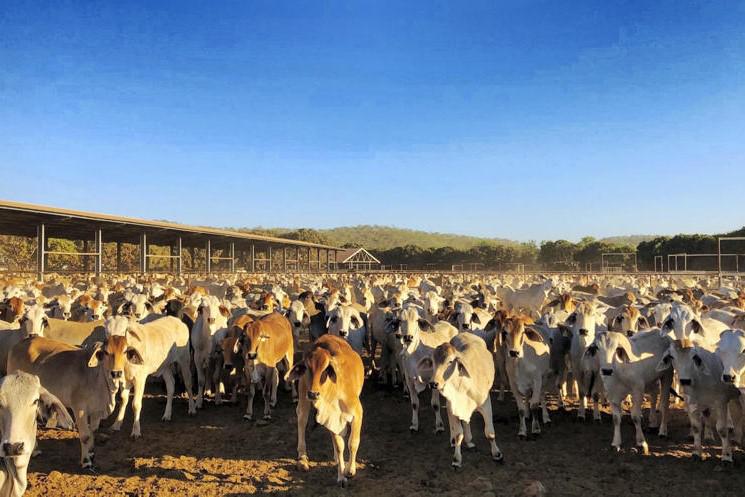

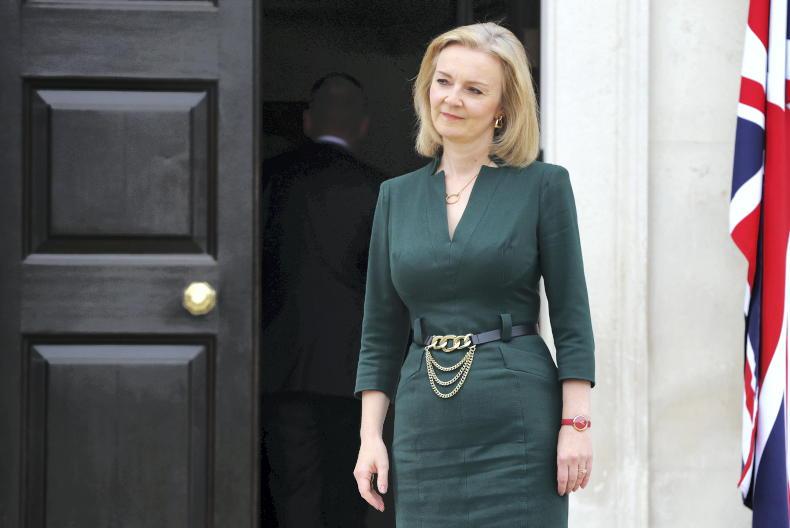
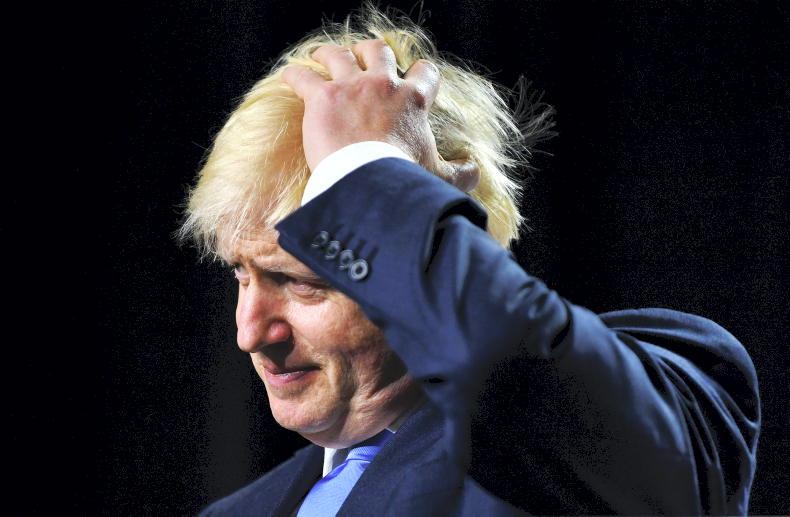
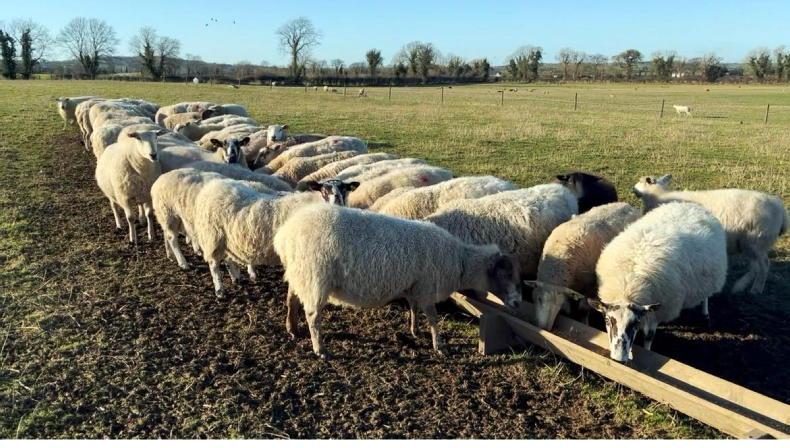
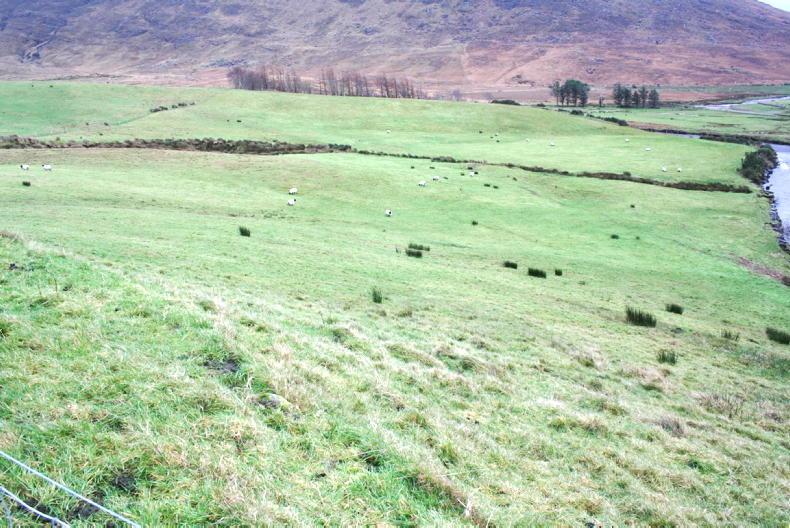
SHARING OPTIONS